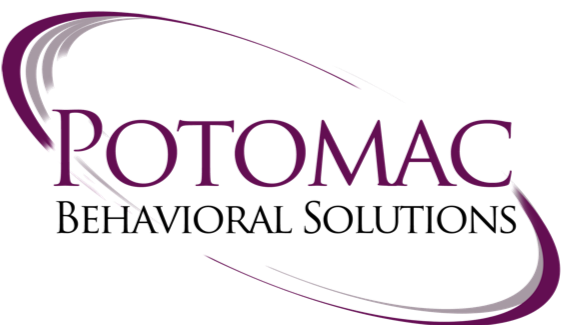During my work with individuals struggling with eating disorders, I often hear about fear over losing the eating disorder because of the lack of identity that could occur- “I don’t know who I am without my eating disorder” is a phrase I’ve heard countless times. To those who do not struggle with an eating disorder, this may sound very strange- why would one identify with and be fearful of losing and eating disorder, something that those on the outside view as negative? To me, however, feeling a lack of identity when recovering from an eating disorder makes A LOT of sense.
Often times, eating disorder behaviors are long established and for many struggling, the eating disorder has been the constant that has been there to help the individual cope through life’s challenges. Even someone in the early stages of eating disorder development can quickly begin to establish an identity with their eating disorder. It is not uncommon for me to hear that a person’s eating disorder is one of the longest and most consistent relationships their life.
To fully recovery from an eating disorder, an identity outside of the eating disorder relationship needs to begin to develop, and understandably this can be a tall, overwhelming order to achieve. So where to begin? One of my favorite articles on the subject and a potential starting point was posted on the Recovery Warriors website: A surprising way to discover who you are without eating disorder . It’s a quick read, so check it out, but here’s the CliffsNotes version: start discovering your identity by making a list of your likes and dislikes, separate from your eating disorder.
If the list starts off small, that’s OK. For example, if the only thing you can think of that’s separate from your eating disorder is that your favorite color is blue, go with it. This list can be an ongoing one that you add to and subtract from as you continue to grow in your recovery.
Not only does this list begin to help shape identity outside of an eating disorder, it offers two other benefits:
It offers a chance to explore if something is a part of your eating disorder identity or your identity outside of your eating disorder. For example, maybe exercising to the extent you were isn’t something that you actually enjoy. Perhaps a reduction in or change of exercise actually makes it feel enjoyable instead of something you HAVE to do. If you are unsure if a thing on your list is something your eating disorder is telling you you like vs something you actually like, I suggest putting that thing on the list in a different color and exploring it further with someone on your treatment team or a trusted friend.
Making a list of your likes outside your eating disorder also offers a great list of coping skills you can turn to in times of stress. For example, instead of engaging in an eating disorder behavior when you’re feeling overwhelmed, you could go for a walk in nature instead if that’s on your list.
Even if you don’t have an eating disorder, making a list of your likes can be a helpful reminder of all the things that make you uniquely you. I’m a person that loves reality TV, watching videos of baby goats on YouTube, and reading ChickLit and I’m OK with that. What’s on your list?
Author: Kristen Mahoney

